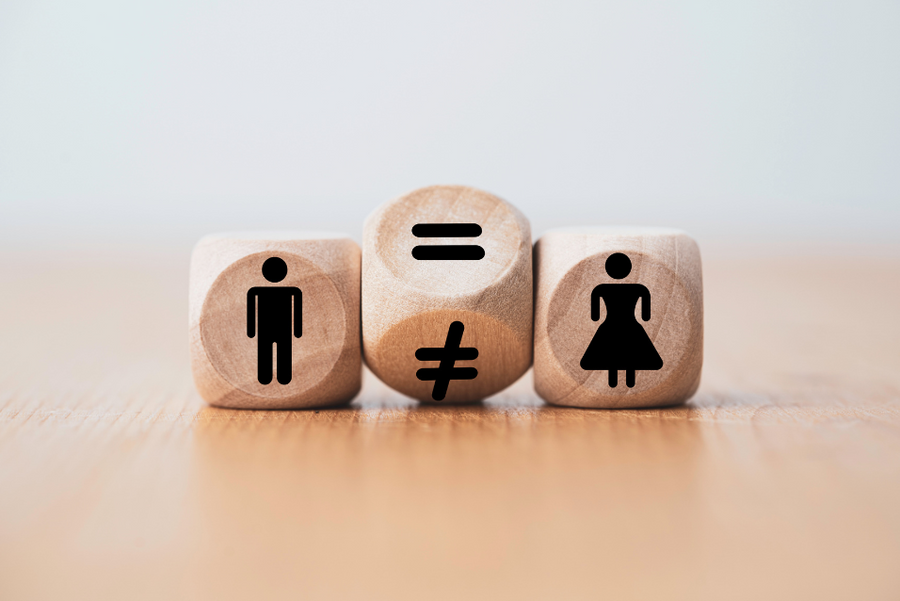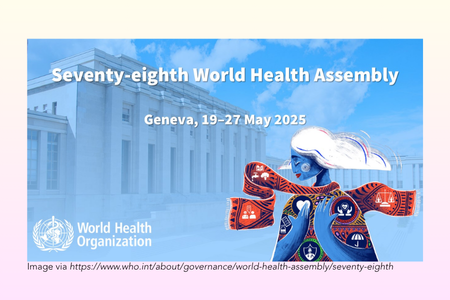Unlocking Potential: Economic Power Through Gender Equality

This year’s theme for Gender Equality Week is Unlocking Potential: Economic Power through Gender Equality.This theme serves as a powerful reminder that gender equality is essential for a thriving and equitable society. Dismantling barriers to gender equality leads to a more robust and sustainable economy which fosters a future full of opportunities that benefit everyone.
Everyone has an inherent right to good nutrition, but there is also an economic reason to ensure everyone has adequate access to nutritious foods. Healthy employees are good for business, and healthy communities are good for the economy. It is estimated that widespread adoption of a healthy lifestyle could add 12 trillion USD to the global GDP by 2040. Iron deficiency, one of the most prevalent micronutrient deficiencies in the world, hurts human productivity by inducing fatigue and it compromises the immune system, leading to increased absenteeism among employees who require more sick leave and time off.
1.2 billion women of reproductive age are estimated to be deficient in one or more micronutrients and the economic impacts are clear. Iron deficiency in women of reproductive age costs US$113 billion annually in current income losses. On an annual basis, undernutrition costs an individual $96.5 USD per year. There are many economic gains by investing in nutrition.

Physiologically, women are more likely to be iron deficient due to menstruation, but iron deficiency is both a cause and consequence of gender inequality. Harmful gender norms, such as women and girls eating last and least, contribute to an unequal access to nutrition. As well, and somewhat less explored, is how the unequal distribution of unpaid labour increases their vulnerability to iron deficiency. While all workers are likely to experience time conflict, working women are especially hard hit because of their unpaid household and care work. Women and girls aged 15 and above work on average three times more than boys and men, greatly impacting their ability to nourish their bodies. When women come home to a second shift, their care burden can make it challenging to prepare nutritious meals and some mothers will sacrifice the quality of their diets to ensure their children’s dietary and other needs are met. Unpaid labour is an under-researched topic, particularly as it pertains to health and women’s health is also notoriously under-researched.
Recognizing the interdependence of nutrition and gender equality is crucial for creating sustainable solutions that benefit individuals, families, and communities as a whole. Good nutrition advances gender equality and gender equality enables better nutrition. It is iterative and adaptive, not linear. By fostering an environment where both men and women share caregiving responsibilities, we can enhance women’s health, support gender equality, and ultimately empower women to thrive economically.




